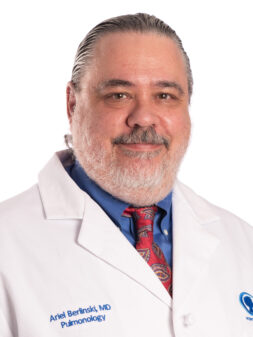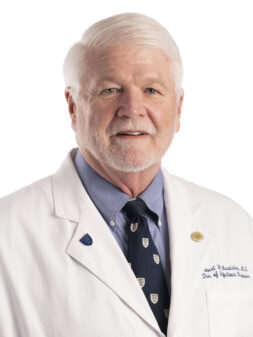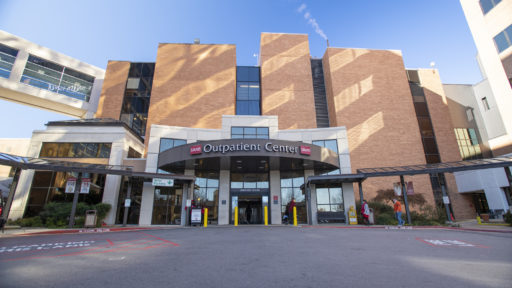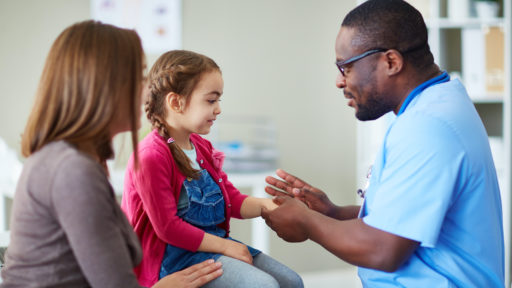Pneumonia is an infection that can cause one or both lungs to fill up with fluid or pus, causing coughing, breathing problems and fever. This infection can be caused by germs such as bacteria, viruses and even fungi that enter your body. You can contract pneumonia when these germs enter your system while your immune system is weak, the germ is very strong or your body fails to filter the germs.
Recognizing Pneumonia
Symptoms of pneumonia include but are not limited to the following:
- High fever
- Chills
- Cough with phlegm (greenish, yellow or bloody mucus)
- Low energy or fatigue
- Lack of appetite or nausea
- Rapid pulse
- Rapid breathing
- Heavy perspiring
- Shortness of breath
- Chest pain when breathing or coughing
- Feel suddenly worse after a cold or the flu
- Confused mental state or delirium
- Diarrhea
The most common type of pneumonia is bacterial pneumonia, which is caused by various bacteria. It usually occurs when the body is weakened by illness, malnutrition, age or impaired immunity.
Who Is at Risk for Pneumonia?
Pneumonia can affect people of all ages, but those at great risk are infants 2 years old or younger and people 65 years old or older. Infants with pneumonia may experience different symptoms than those 65 and older.
Others who are at a higher risk for pneumonia include:
- Postoperative patients
- Those with respiratory disease or viral infections
- Those who are debilitated
- Those exposed to certain chemicals, pollutants, or toxic fumes
Other risk factors include:
- Smoking
- Alcohol abuse
- Weakened immune system
- Malnutrition
Diagnosis and Treatment
If you believe you may have pneumonia and want a proper diagnosis, visit your doctor. However, pneumonia may be hard to diagnose because it is similar to a cold or the flu. The following are tests that your doctor may perform to diagnose pneumonia:
- Physical exam
- Diagnostic tests
- Chest X-ray
- Blood tests
If you are diagnosed with pneumonia, your doctor may treat you with antibiotics or antiviral medicine. If your symptoms are severe, you may receive oxygen therapy to restore oxygen to your bloodstream.
Because pneumonia can be serious and even life-threatening, it’s important to take steps to prevent the infection. The following are ways you can protect yourself:
- Vaccinate
- Wash your hands often
- Don’t smoke
- Get plenty of sleep
- Maintain a healthy diet
- Be physically active
- Avoid contact with those who are sick

















